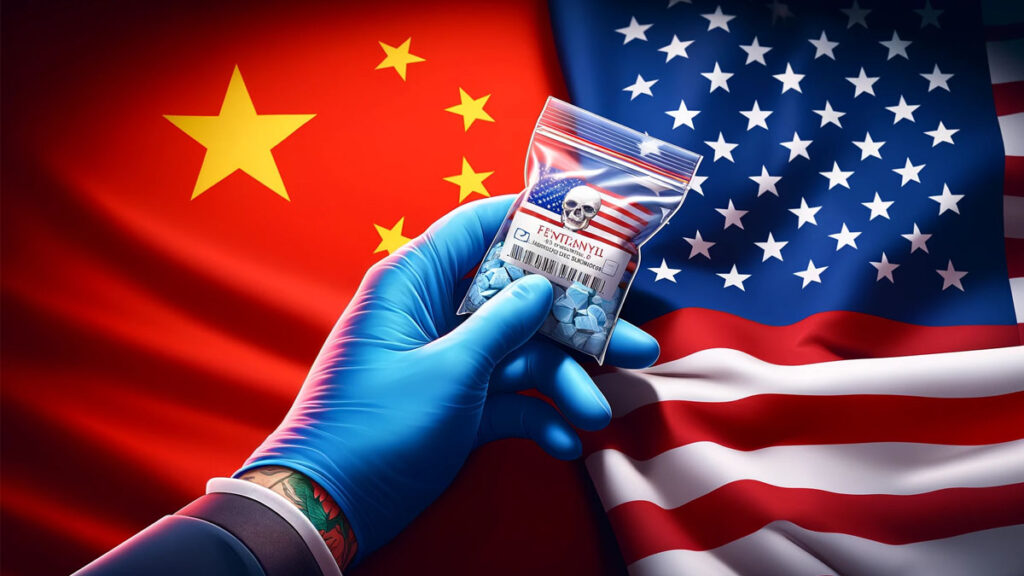In the shadow of a worsening fentanyl epidemic in the United States, a stark revelation has come to light from a recent U.S. House committee report. The findings provide a distressing glimpse into how the Chinese government appears to be deeply involved in fueling the fentanyl crisis that is devastating American communities. According to the report, China is not merely overlooking the illegal fentanyl trade but is actively subsidizing it, complicating global efforts to combat this deadly epidemic.
The committee’s detailed investigation uncovered that Chinese authorities are directly subsidizing the production and export of illicit fentanyl by providing monetary grants, awards, and tax rebates to companies that produce precursor chemicals. These economic incentives, aimed at boosting domestic production, effectively decrease the production costs and increase the global distribution of this lethal drug. As highlighted in the report, “monetary grants and awards to companies openly trafficking illicit fentanyl materials” underscore a government policy that seems to place economic gains from the drug trade above global health and security.
This financial backing is particularly alarming given the scale of the crisis. Fentanyl, a synthetic opioid far more powerful than heroin, has led to a surge in fatal overdoses in the United States, claiming the lives of tens of thousands annually and becoming the leading cause of death for Americans between the ages of 18 and 45. The severity of this issue has drawn bipartisan attention in Washington, with substantial efforts directed toward curbing the tide of this drug’s influence. However, the persistence of these subsidies casts a long shadow over the sincerity and effectiveness of Chinese pledges to address the problem.
Despite diplomatic efforts, including a notable summit in California where President Joe Biden and Chinese President Xi Jinping vowed to tackle the illegal narcotics trade, the situation has shown little improvement. Following the summit, President Biden optimistically noted, “We’re taking action to significantly reduce the flow of precursor chemicals and pill presses from China to the Western hemisphere… It’s going to save lives and I appreciate President Xi’s commitment on this issue.” However, the subsequent findings of the House committee reveal a troubling disconnect between these diplomatic exchanges and the realities of ongoing Chinese policies.
The report not only revisits previous accusations but also sheds light on new evidence from undercover communications and Chinese websites, emphasizing a deep-rooted governmental complicity. It seems that the Chinese government’s involvement in the fentanyl trade is multifaceted, ranging from economic incentives to an alleged reluctance to cooperate with international drug enforcement efforts. As noted in the report, rather than aiding U.S. efforts to track down traffickers, Chinese security services have at times notified targets of U.S. investigations when requests for assistance were made.
This complex situation demands a multi-faceted response. The House committee has suggested several measures to combat this crisis, including the establishment of a joint task force and the enhancement of U.S. sanctions against entities involved in the fentanyl trade. These recommendations reflect a growing recognition that tackling the fentanyl crisis requires not only national efforts but also robust international cooperation and accountability, particularly from China.
The ongoing fentanyl epidemic represents one of the most significant drug crises of our time.
Make no mistake, China is doing this on purpose, and Xi and the Chinese Communist Party are actively involved. Nothing of consequence occurs in China without Xi’s knowledge, this is the nature of a totalitarian state.
